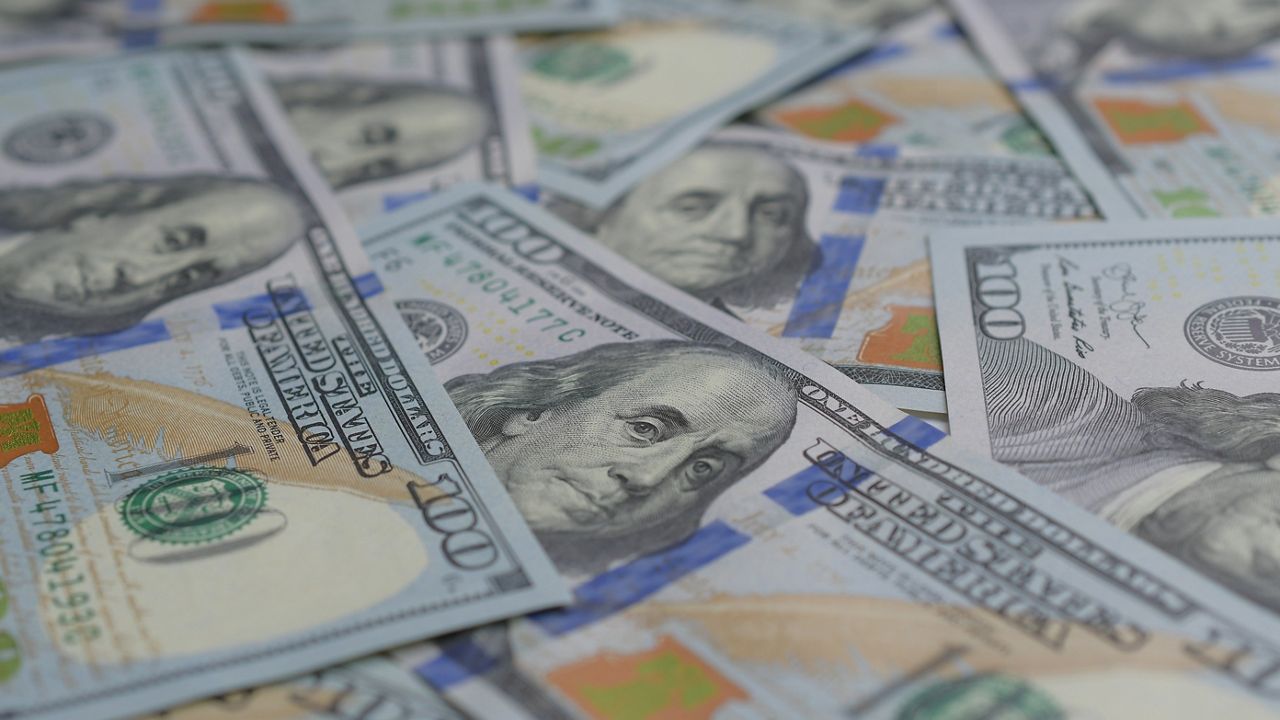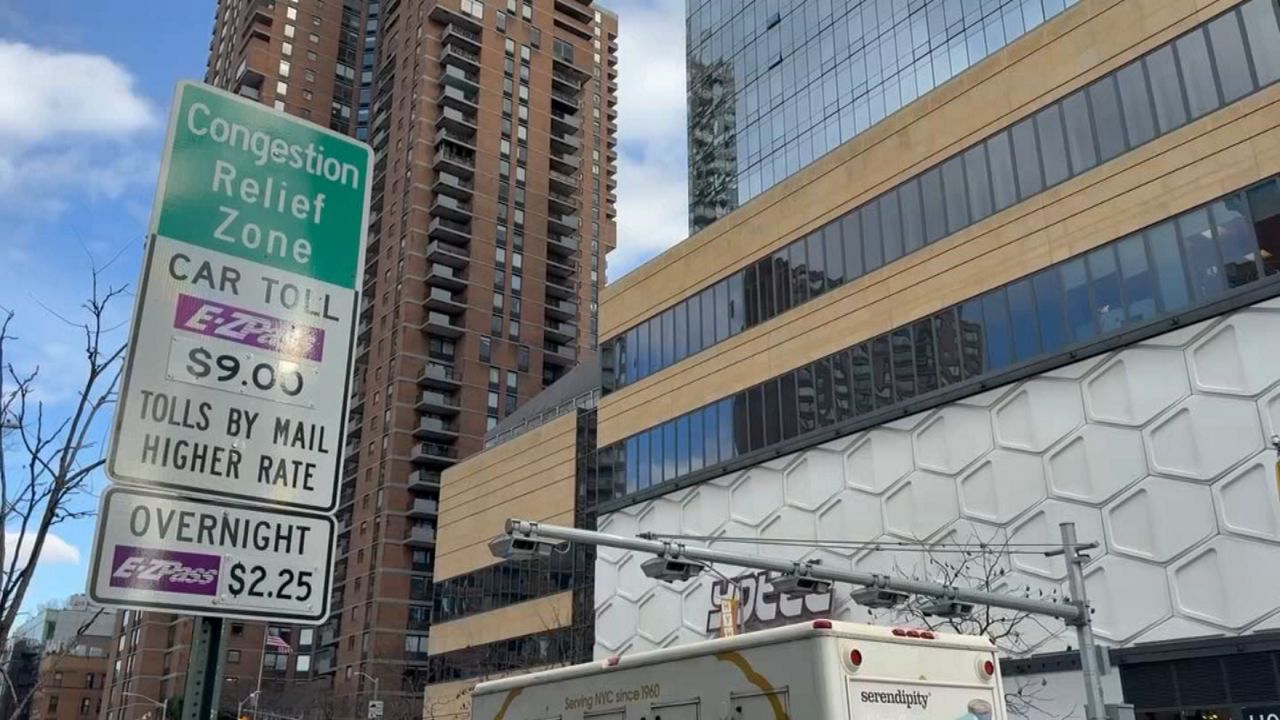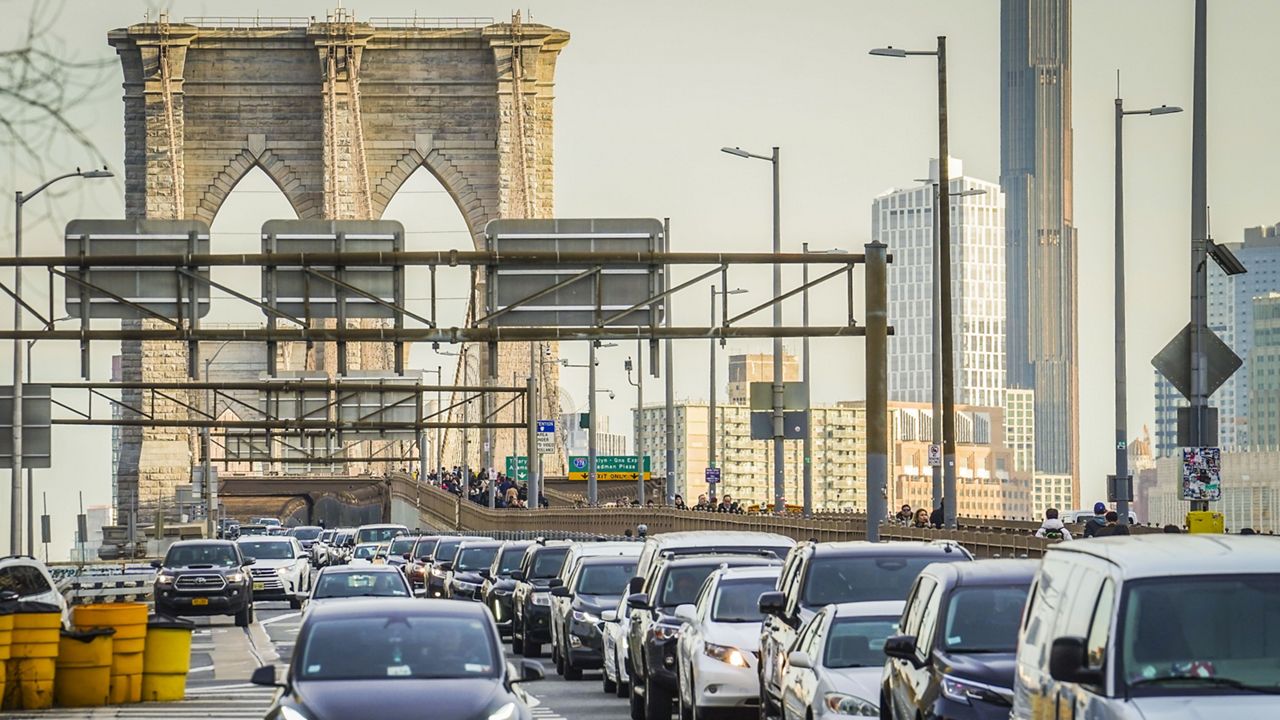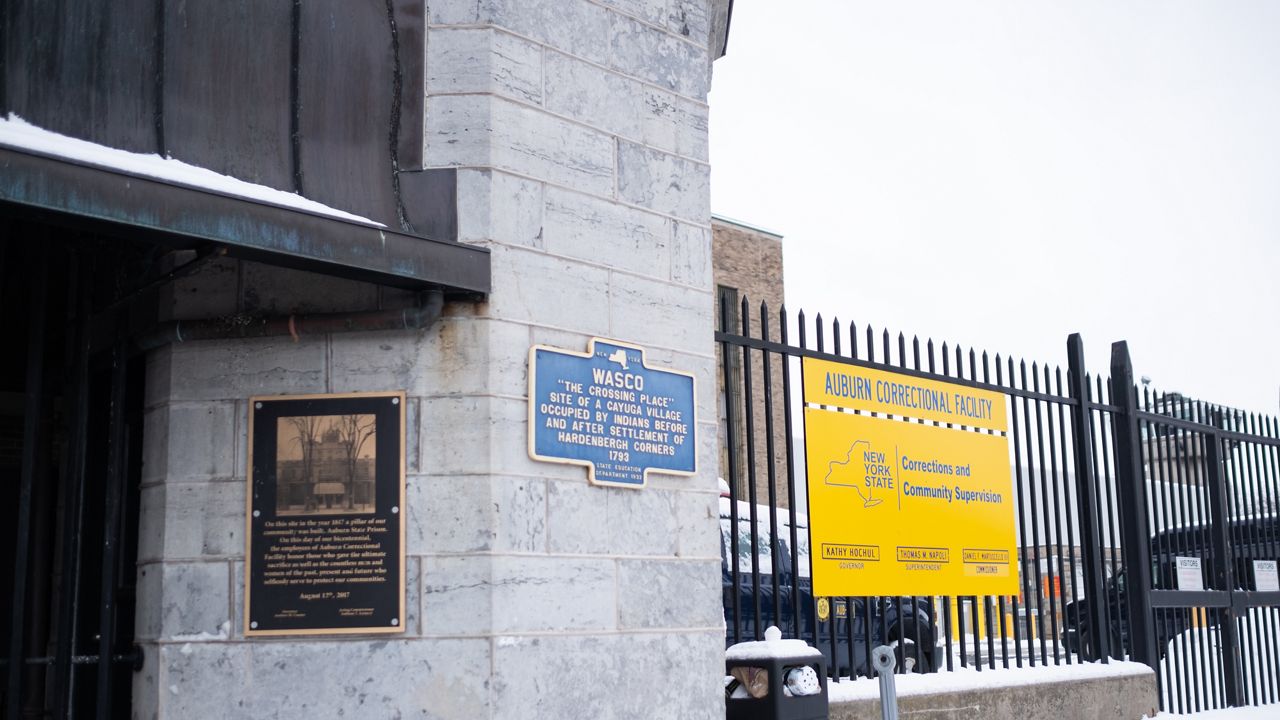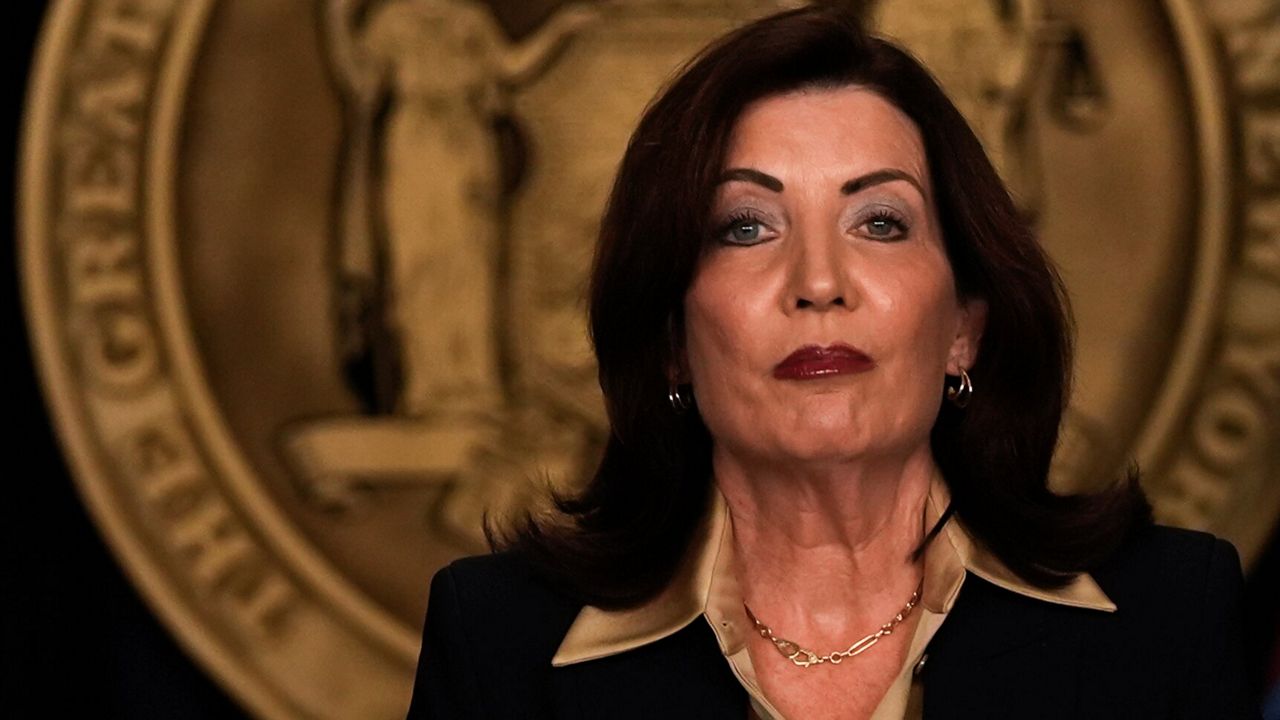A year ago as millions of New Yorkers were staying home, tax revenue dried up and state officials had to borrow money to keep state operations afloat during the COVID-19 pandemic.
Twelve months later, New York's financial picture has brightened significantly, a report released Thursday by Comptroller Tom DiNapoli found.
The state ended the fiscal year on March 31 with tax collections $3 billion higher than initially projected in February and $6.8 billion more than what was forecast in May.
The money comes on top of new revenues being generated by tax increases on upper-income earners and corporations in the state budget as well as $12 billion in direct federal aid approved by Congress in March.
At the same time, the budget is setting record spending levels overall and for direct aid to schools over the next several years. This budget has fueled concerns wealthier people New York relies on for much of its personal income tax revenue will leave the state.
Still, the spending plan is in stark contrast to budgets approved in the prior recession a decade ago. At the time, the rate of spending was slowed or kept flat.
Whether this budget will help New York's economy recover faster is yet to be seen. The state Department of Labor on Thursday announced the state added more than 61,000 private-sector jobs in March, but unemployment stands at 8.5%, higher than the national average of 6%.
Many of the two million jobs lost during the pandemic have been on the lower end of the income scale in the service and hospitality sectors.
“The state’s year-end financial position was significantly better than anticipated,” DiNapoli said. “We face a long road to recovery, and the state’s economy still faces serious challenges, both in the short-term and long-term. Better-than-anticipated tax collections, federal resources and new revenues in the recently adopted budget allow for important investments in critical programs and services, but state policymakers must ensure that spending commitments are in line with recurring revenue sources.”
Revenue from the personal income tax grew by $1.3 billion or 2.4%, DiNapoli said. But consumption taxes, including the sales tax, declined by more than 10% or $1.9 billion — a likely reflection of the impact of the pandemic.




